Modi risks US sanctions over Russian missile defence deal
India’s refusal to join UN condemnation of Russia highlights a unique security dilemma for the world’s largest democracy.
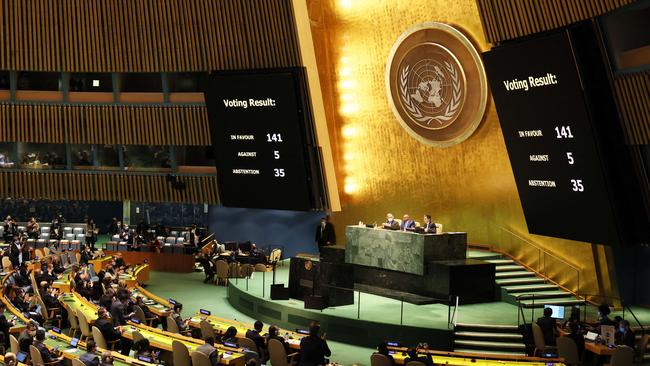
India’s refusal to join UN condemnation over Russia’s invasion of Ukraine has infuriated its strategic partners and heightened the risk of US sanctions over its defence relationship with Moscow.
But it has also highlighted a unique security dilemma for the world’s largest democracy, which is shifting closer to the West to counter China even as it remains heavily reliant on Russian support – and weapons – against arch-enemy Pakistan.
India has now abstained on three successive UN resolutions over Moscow’s invasion of Ukraine after it did so at the UN General Assembly on Wednesday night when 141 nations out of 193 voted to condemn “Russia’s aggression” and demand it withdraw.
Thirty-five abstained, while only Russia, Belarus, Eritrea, North Korea and Syria voted against the resolution.
Moscow has trumpeted India’s move as a sign of support, despite New Delhi considerably sharpening its language over the crisis.
Prime Minister Narendra Modi has spoken twice to Vladimir Putin, first to urge the Russian President to cease all violence and then to negotiate a humanitarian corridor 4000 Indian students stranded in the Ukrainian city of Kharkiv. He has also spoken to Ukrainian President Volodymyr Zelensky and sent humanitarian aid to Ukraine.
But India’s diplomatic contortions are pleasing no one and there are signs of potential US blowback.
US President Joe Biden called a virtual meeting on Thursday of Quad members where India was likely to come under pressure to take a harder line.
Assistant Secretary of State Donald Lu told an angry Senate committee after the UN vote the White House had “spared no effort to convince India both to vote in UN sessions but also to show support for Ukraine at this critical moment”. Repeatedly questioned over whether India would face sanctions for its $US2bn deal to buy Russia’s S-400 missile defence system, Mr Lu said President Joe Biden was considering the issue.
“What I can say is that India is a really important security partner of ours now and … I hope that India will find it’s now time to further distance itself,” he said.
New Delhi has been pushing hard for a sanctions waiver over the missile defence system it says is critical to deterring Chinese and Pakistani border aggression, and until recently looked to have secured that.
But Mr Biden now risks an outcry from congress if he grants the waiver unless India agrees to halt further Russian arms imports – a condition it will find difficult to accept.
“The irony of that is the US and its partners are pressuring India not to acquire arms from Russia that are meant to counter China, which is exactly what the US wants India to do,” said Michael Kugelman, deputy director of the Woodrow Wilson Centre’s Asia program.
Whether India can finalise the missile deal – let alone pay for ongoing defence maintenance from Russia – is an open question given Moscow’s almost complete isolation from the global financial system.
India still relies heavily on its old Cold War partner for defence equipment, though that is changing as it has pivoted to the West. It now favours France and the US for defence contracts, though its air force still flies largely Russian-made fighters while its navy leases two nuclear-powered Akula-class attack submarines from Russia — vessels it sees as crucial to securing its Indian Ocean sphere against Chinese aggression.
“In some ways what the AUKUS deal will do for Australia, Russia is already doing for India,” said Dhruva Jaishankar, executive director of India’s Observer Research Foundation.
Mr Jaishankar said the US was unlikely to scupper its relationship with India because it understood “the new cold war is between US and China, even if Russia is the current flashpoint”.
But the longer the war in Ukraine continues the higher the risk of India being called out as a “sanctions buster”. “If the objective is to completely cut Russia off, the only other big economy apart from China that’s not currently signing onto that is India, so that will be the focus of attention if this carries on,” he said.


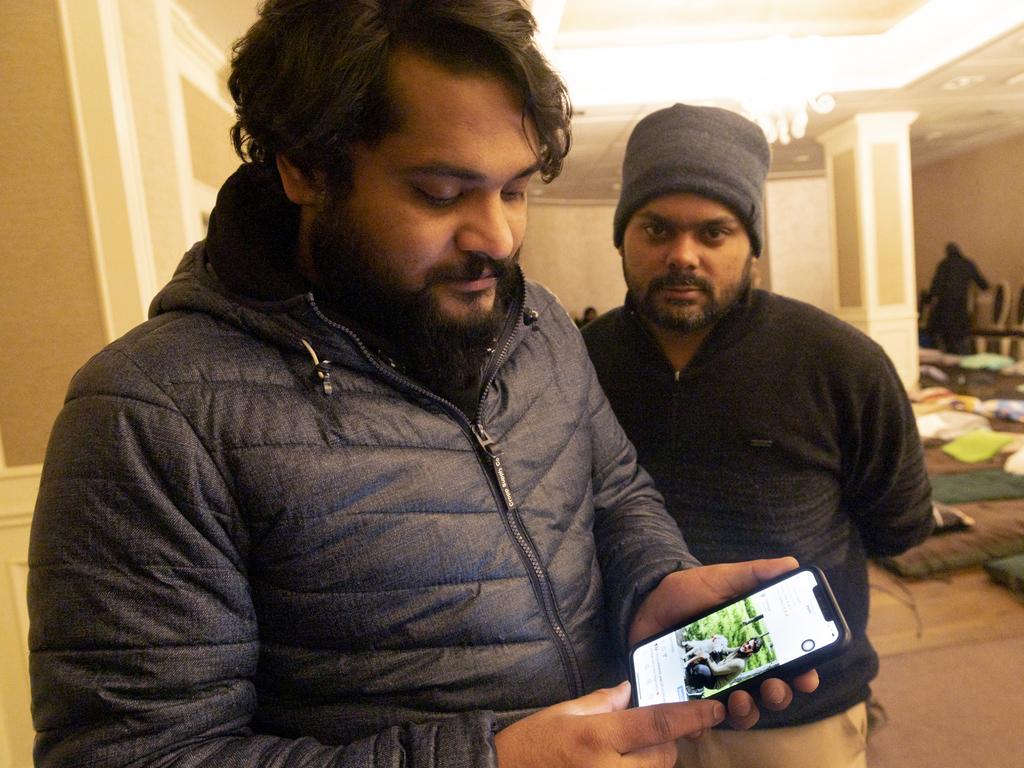
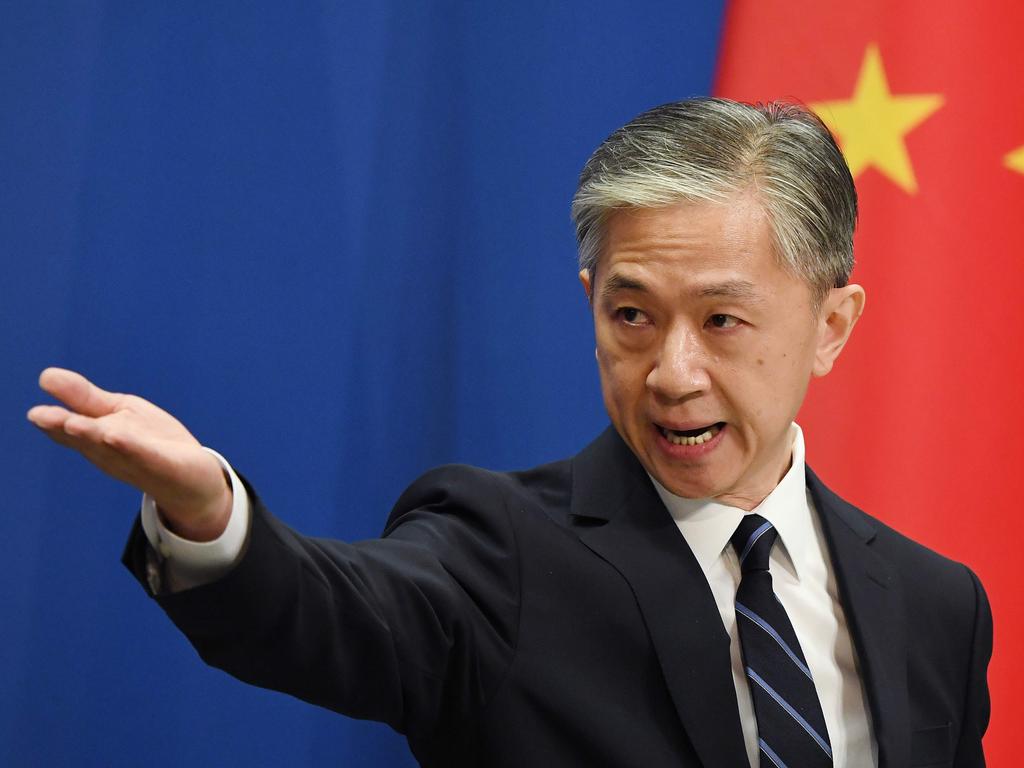

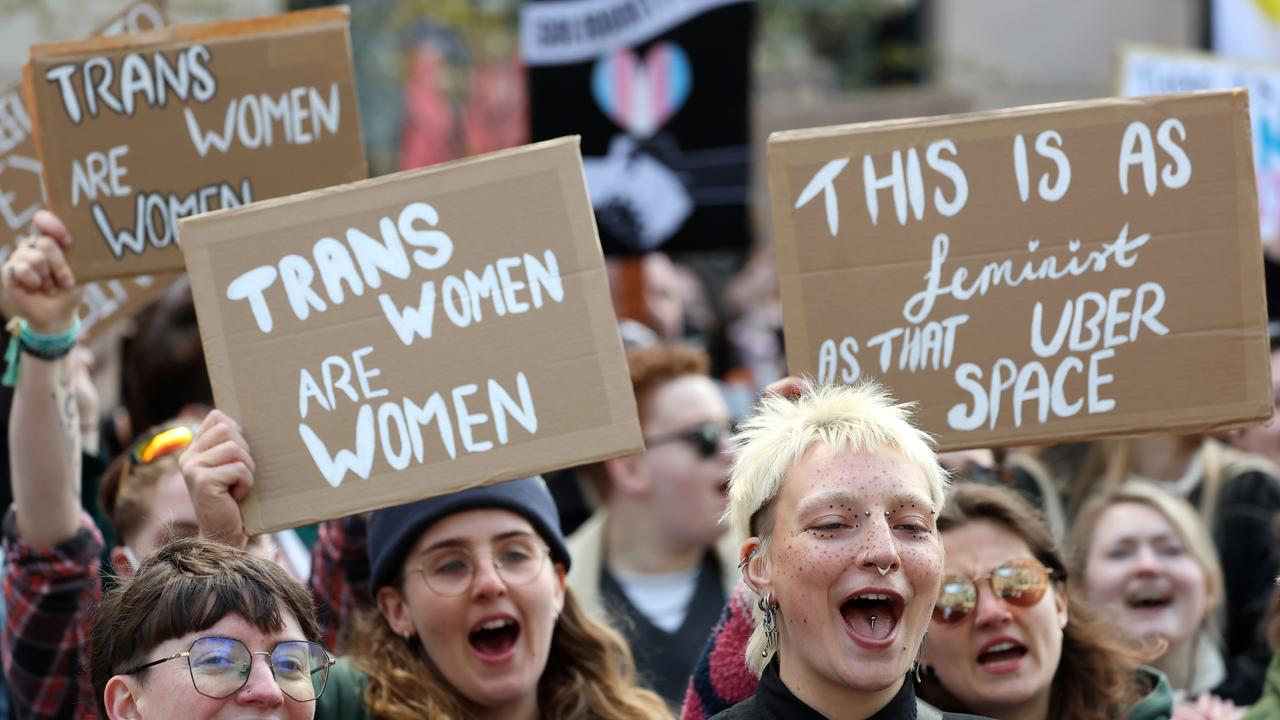
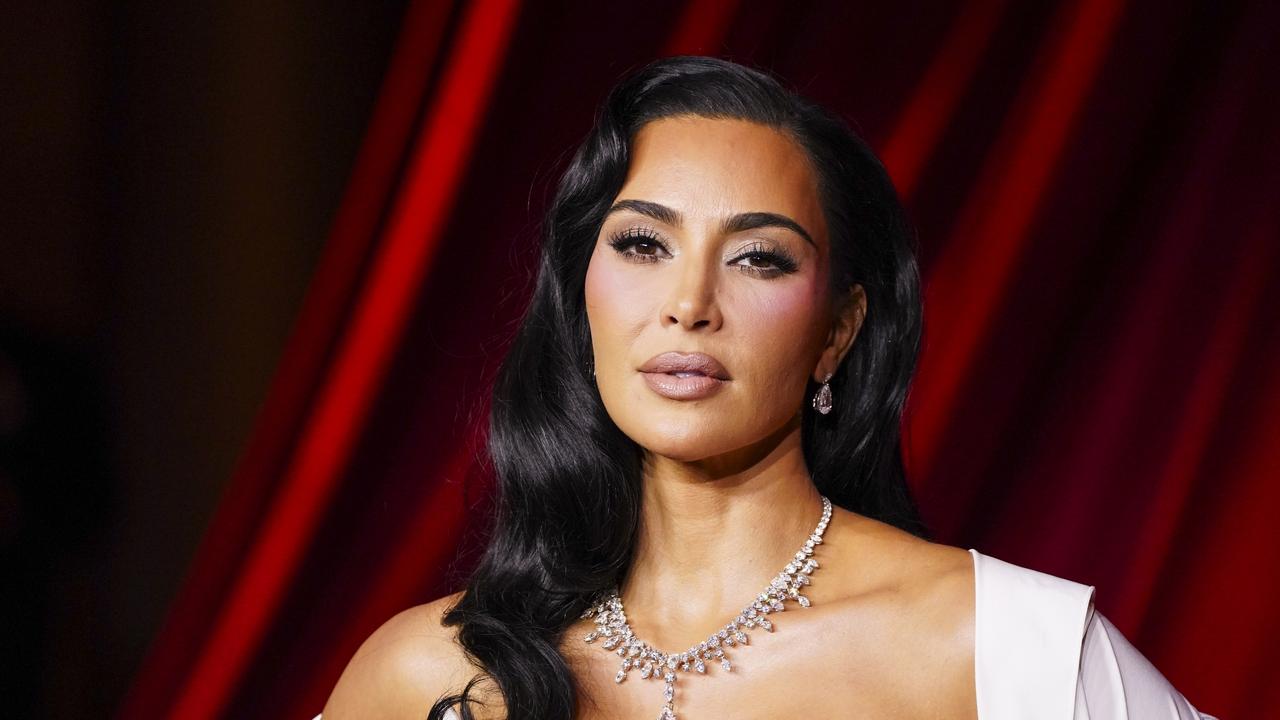
To join the conversation, please log in. Don't have an account? Register
Join the conversation, you are commenting as Logout